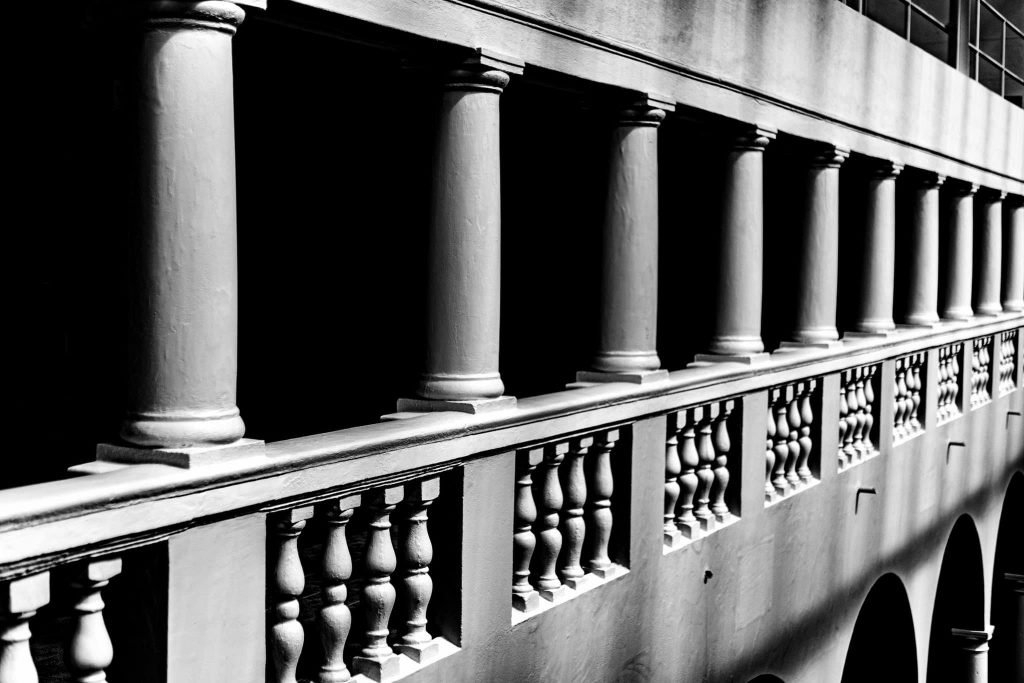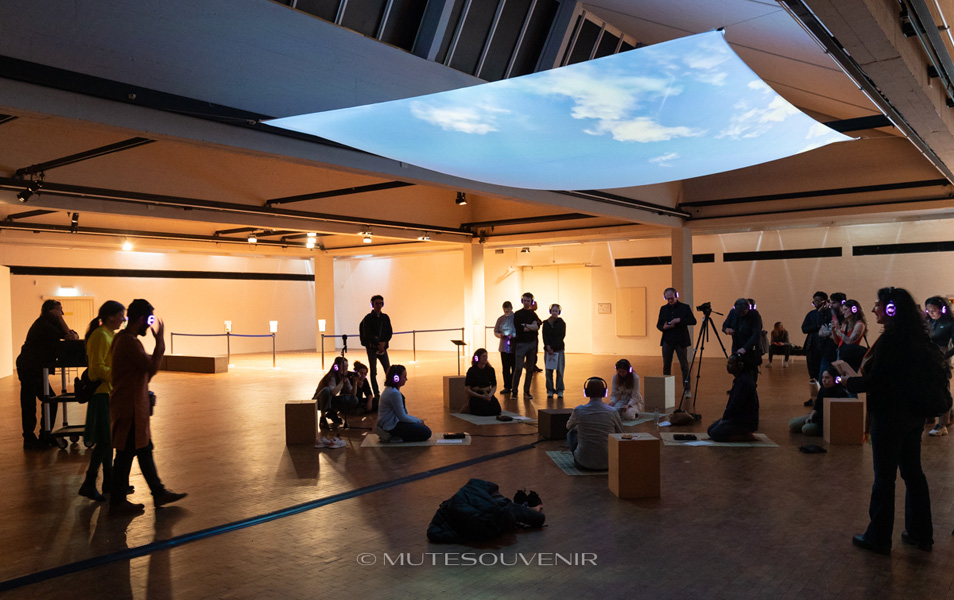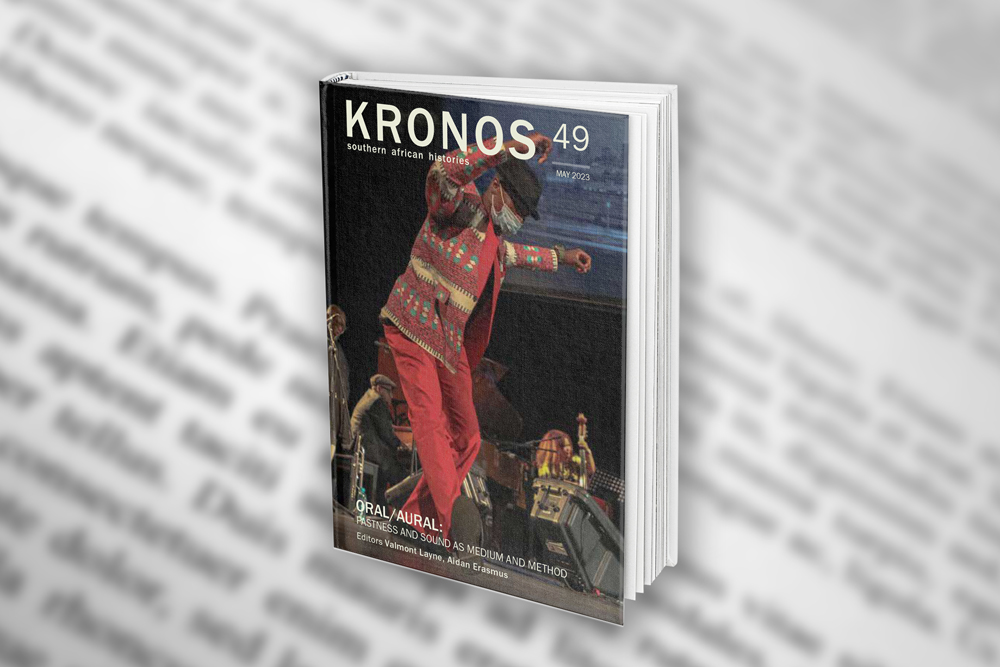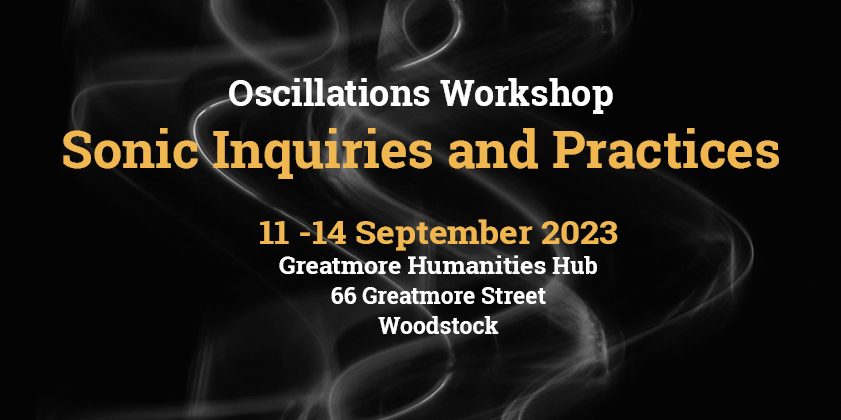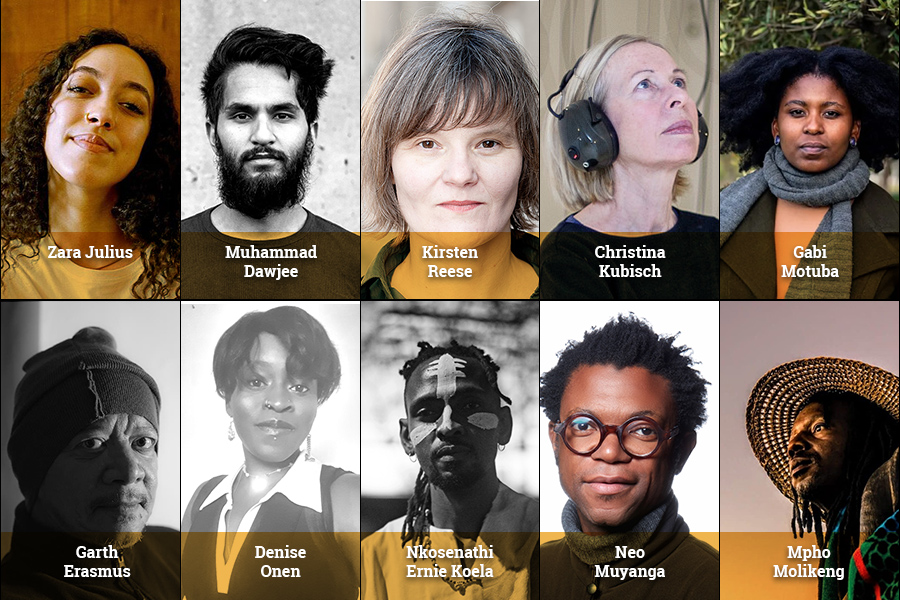Sound sits as a troubling drone of modernity and beckons us to encounter the world and each other.
As an object of aesthetic and scholarly inquiry, it sits at the heart of various intersections and discursive terrains. While it is often thought of as the sister sense to the visual, the modern sense par excellence, sound often eludes us. It encompasses the field of music where sound brushes up against the social and produces new or old reverberations. Sound art too, where the technological reproduction of sound is the basis for artistic inquiry into the human through the sense externalised. In the scholar’s realm, sound infuses the categories of voice, listening, and speaking. It cuts across scholarly and artisanal disciplines, inviting us into the realms of cybernetics and metaphysics, as it calls us into the work of microphone design and synthesisers. The concern it presents is fundamental to the human experience, as it pertains to the relationship between ourselves, the machinic, and the digital.
Sound, as an object of inquiry alongside the kinetic object and documentary film in the Centre for Humanities Research at the University of the Western Cape, has been important for thinking at a historically black university in South Africa. Thus the resonator emerges as an important part of the CHR’s programme in aesthetic education, alongside the puppet and the projector. What does sound have to offer a concept of the postapartheid? Where might sound help us think the human and technology? How does sound both send us away and return us to the university as an institutional site?
The Sound and New Media programme at the CHR, based at the Iyatsiba Lab, thinks about the various mediations of the sonic object in several different contexts. Through a regular reading and masterclass programme led by scholars and artists, various conferences and workshops, and artist residencies and exhibitions, the programme seeks to enquire into the nature of sound as a backing fabric for thinking pertinent questions around the human, technology, and the social. Since its formation, the programme has focused predominantly on questions of sound practice and its disciplinarity, specifically the formations of music studies, ethnomusicology, and jazz; sound scholarship, particularly the relation between theory and practice and the intersection of the academy, artists, and the public; archives and the specificity of sound as an archival, digital, and technological object; and the broader political questions of sound and the social, especially as it pertains to sound as an object of intellectual inquiry and artistic practice. These core themes reflect the inquiry’s location at the University of the Western Cape, a position that is markedly removed from the usual circuits of sonic knowledge production and disciplinary formation.



